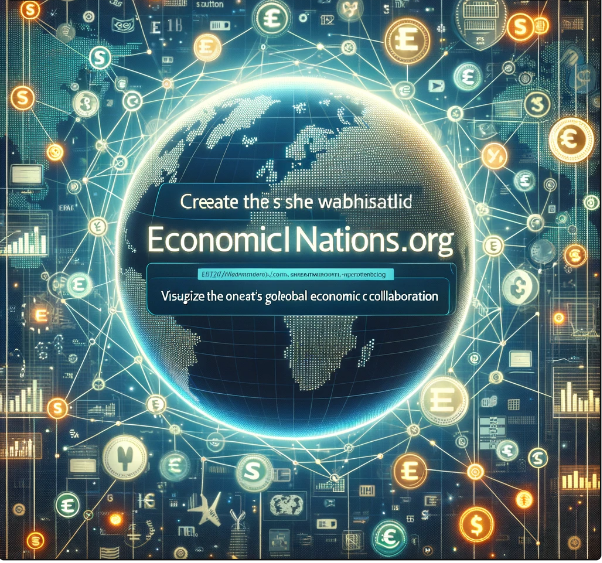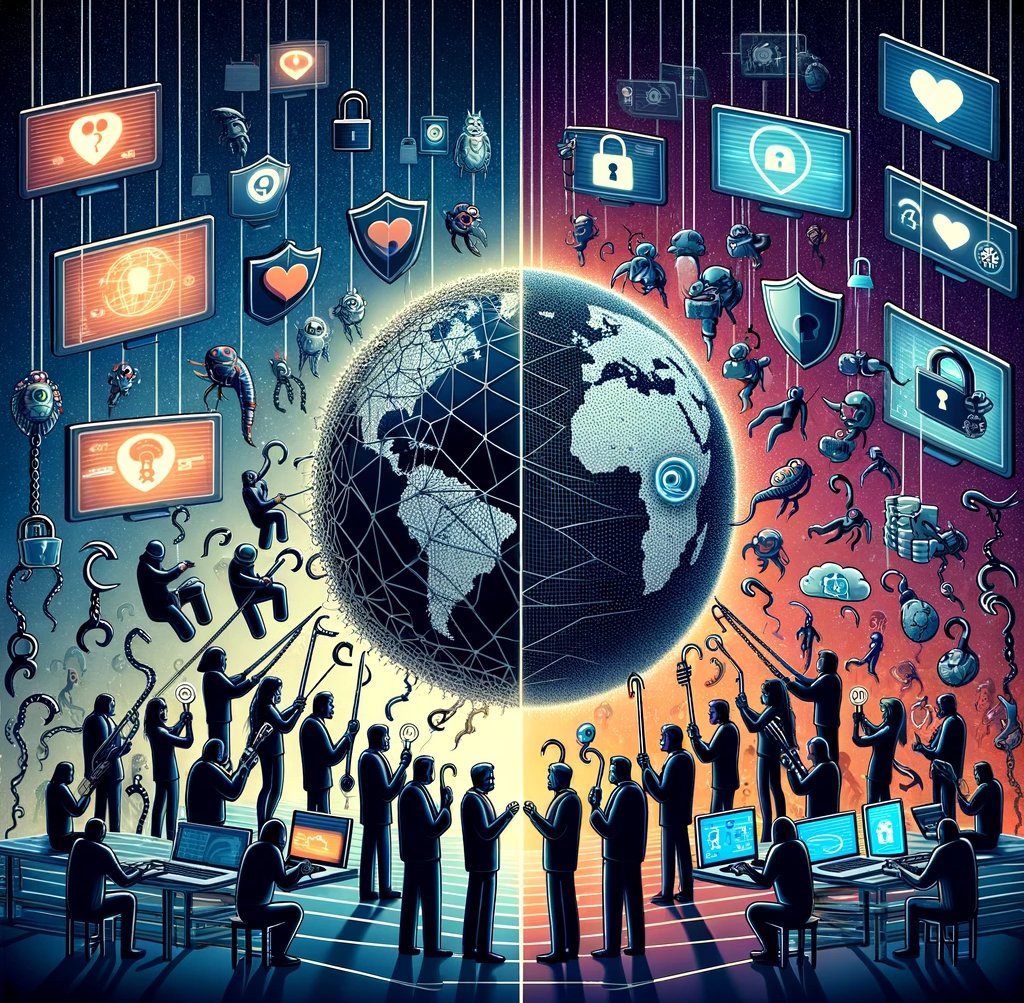How Does Phishing Impact Us Beyond Cyber Terrorism: Elevating the Global Response in 2024?
NEW AGE SECURITY
2/17/20243 min read


As we venture deeper into the digital age, the narrative surrounding phishing as merely a facet of cyber terrorism demands an urgent and broadened perspective. The year 2024 stands as a testament to the evolution of phishing into a sophisticated threat that undermines the individual's security and the pillars of global economic stability and societal trust. This strategic discourse seeks to illuminate the multifaceted nature of phishing and proposes an integrated approach for global policymakers to fortify our digital frontiers.
Broadening the Economic Impact Analysis
The economic aftermath of phishing transcends direct financial losses, echoing through the corridors of global finance and shaking the foundations of digital commerce. Recent incidents, such as coordinated attacks on financial institutions and large-scale data breaches, have underscored the necessity for a fortified economic resilience strategy. This strategy must encompass reactive measures and proactive collaboration to safeguard critical infrastructure and instill a robust culture of cybersecurity awareness.
Deepening Psychological Warfare Insights
The insidious nature of phishing attacks inflicts significant psychological tolls, manifesting in heightened anxiety, stress, and a pervasive sense of vulnerability among populations. Emerging studies illustrate a stark correlation between phishing victimization and long-term mental health issues, necessitating a policy framework that transcends traditional cybersecurity measures to embrace comprehensive mental health support systems, public awareness initiatives, and educational programs tailored to empower and protect digital citizens.


Share:
Who We Are:
The Economic Nations champions global unity through economic collaboration, focusing on sustainable growth, reducing inequalities, and enhancing global relationships for mutual prosperity and peace.
Showcasing Policy Successes and Innovations
Globally, innovative policy frameworks and collaborative efforts have begun to yield positive outcomes in the fight against phishing. Nations leading in cybersecurity readiness have demonstrated the efficacy of integrated public-private partnerships, advanced threat intelligence sharing platforms, and cutting-edge technological defenses. These success stories offer valuable lessons and scalable models for crafting resilient and adaptive anti-phishing strategies that can be adopted and customized across different geopolitical landscapes.
Prioritizing Public Awareness and Education
The cornerstone of a resilient digital society is the informed and vigilant citizen. Enhanced public awareness campaigns, leveraging multimedia platforms and community engagement, are crucial in demystifying phishing tactics and fostering a proactive cybersecurity culture. Policies encouraging digital literacy from an early age, coupled with ongoing education for all segments of society, will serve as a critical bulwark against phishing proliferation.
Advancing Global Cooperation for Unified Defense
In recognition of phishing's borderless threat, international cooperation emerges as a pivotal strategy. Strengthening existing frameworks, such as the Budapest Convention on Cybercrime, and fostering new alliances for real-time intelligence exchange and joint cyber incident response initiatives are imperative. These collaborative endeavors should aim to harmonize legal frameworks, streamline extradition processes, and facilitate shared technological innovations to dismantle phishing operations effectively.


Catalyzing Innovation Through Research and Development
The dynamic and evolving phishing landscape necessitates continuous innovation and research. Policy-driven incentives for the development of AI-driven phishing detection systems, behavioral analytics for preemptive threat identification, and secure communication protocols will propel the technological advancements needed to outpace cyber adversaries. Establishing global cybersecurity research hubs, funded and supported by international coalitions, will accelerate the creation and dissemination of cutting-edge defenses against phishing.
Conclusion: Forging a United Front Against Phishing
The strategic battle against phishing in 2024 and beyond calls for a unified global response that transcends conventional cybersecurity paradigms. By weaving economic resilience, psychological well-being, public awareness, international collaboration, and technological innovation into the fabric of our global policy frameworks, we can mount a formidable defense against the scourge of phishing. It is through collective action, strategic foresight, and unwavering commitment to digital security and inclusivity that we can safeguard our interconnected world for generations to come. The time for strategic action is now; the future of our digital civilization depends on it.
(With AI Input)
Contacts
enquiry@economicnations.org
(xx) 98-11-937-xxx (On verification)
